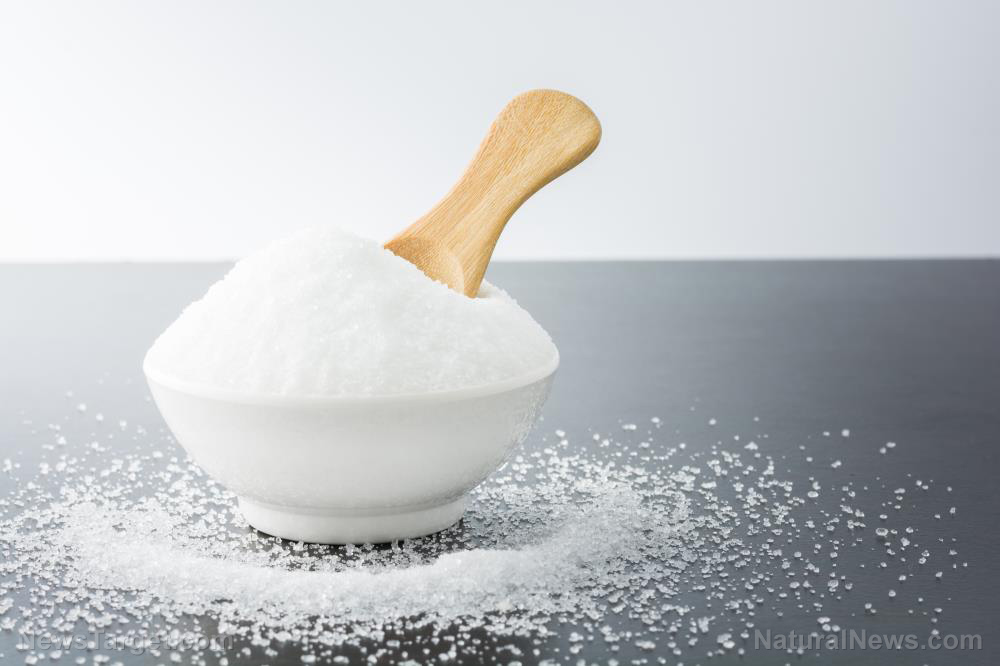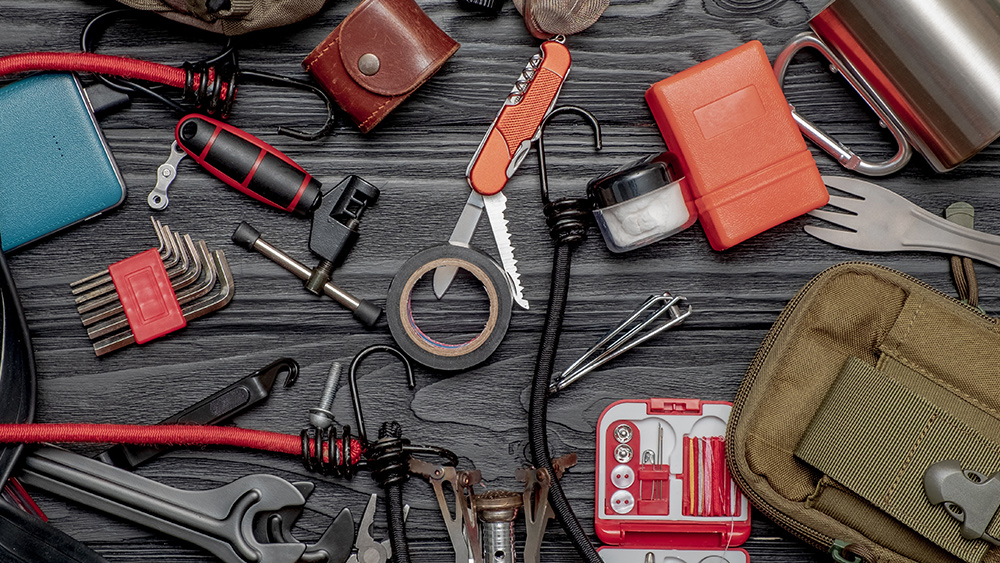
For thousands of years, various cultures all across the globe have harvested sugar and salt for both food and medicinal purposes. Nowadays, people are often told to avoid both of these food items as much as possible, but it is not because salt and sugar are harmful on their own. Rather, our modern diets make it all too easy to consume too much salt and sugar without realizing it. Both salt and sugar can be useful to your body, when taken in moderation. This is especially true for salt, since sodium chloride is an essential nutrient that your body cannot produce on its own. When SHTF, salt and sugar can even provide a number of survival uses. Here are some of the best ways to use salt and sugar during a survival situation. (h/t to Survivopedia.com)
They can be used to preserve food
Salt and sugar can certainly enhance your food's flavor, but they can also be used to keep your food from spoiling. Salt uses osmotic pressure to draw moisture from microogranisms. Since bacteria depend on moisture to survive, the presence of salt essentially inhibits the growth of bacteria. When meat and fish are preserved in a 20 percent salt solution, they can be kept fresh even without refrigeration. Dried or smoked fish and meat can even be coated with salt to aid in the curing process and slow down oxidation. Just like salt, sugar can also dehydrate food and resist bacteria growth. Specific food items can be stored in jars of sugar to extend their shelf lives. (Related: A guide to repackaging salt for long-term storage.)
They can be used to create an emergency rehydration fluid
If you are recovering from diarrhea or any other condition that leaves you dehydrated, drinking water alone might not be enough to replace your lost electrolytes. To help maintain your body's water balance, you can create a highly effective rehydration fluid using only a little salt, sugar, and water. All you have to do is dissolve six teaspoons of sugar and half a teaspoon of salt in four measuring cups of purified water. This solution can provide a quick energy boost, and temporarily increase your morale and physical stamina. However, it is important not to overuse this mixture, and you should only drink it during emergency situations.
They can be used to treat skin wounds
Since salt and sugar both possess antimicrobial properties, they can both be used in the treatment of open wounds. Be sure to first clean the wound and see that it has stopped bleeding before applying anything to it. Once the wound has been cleaned, you can sprinkle some sugar over it, and then cover the wound with a sterile bandage. Change the bandage once every four to six hours. Unlike sugar, salt should never be applied directly to an open wound, since this will result in a painful sensation. Instead, you can create a saline solution out of 10 g of salt dissolved in one liter of water. Keep the solution under slight pressure by pouring it into a plastic water bottle. You can then puncture a small hole in the bottle and squeeze out the solution onto the affected area. The combination of the pressure and the saltwater's natural antibacterial properties can flush out bacteria and other debris from the open wound.
Visit Survival.news to learn more survival uses for salt and sugar.
Sources include:
Please contact us for more information.





















